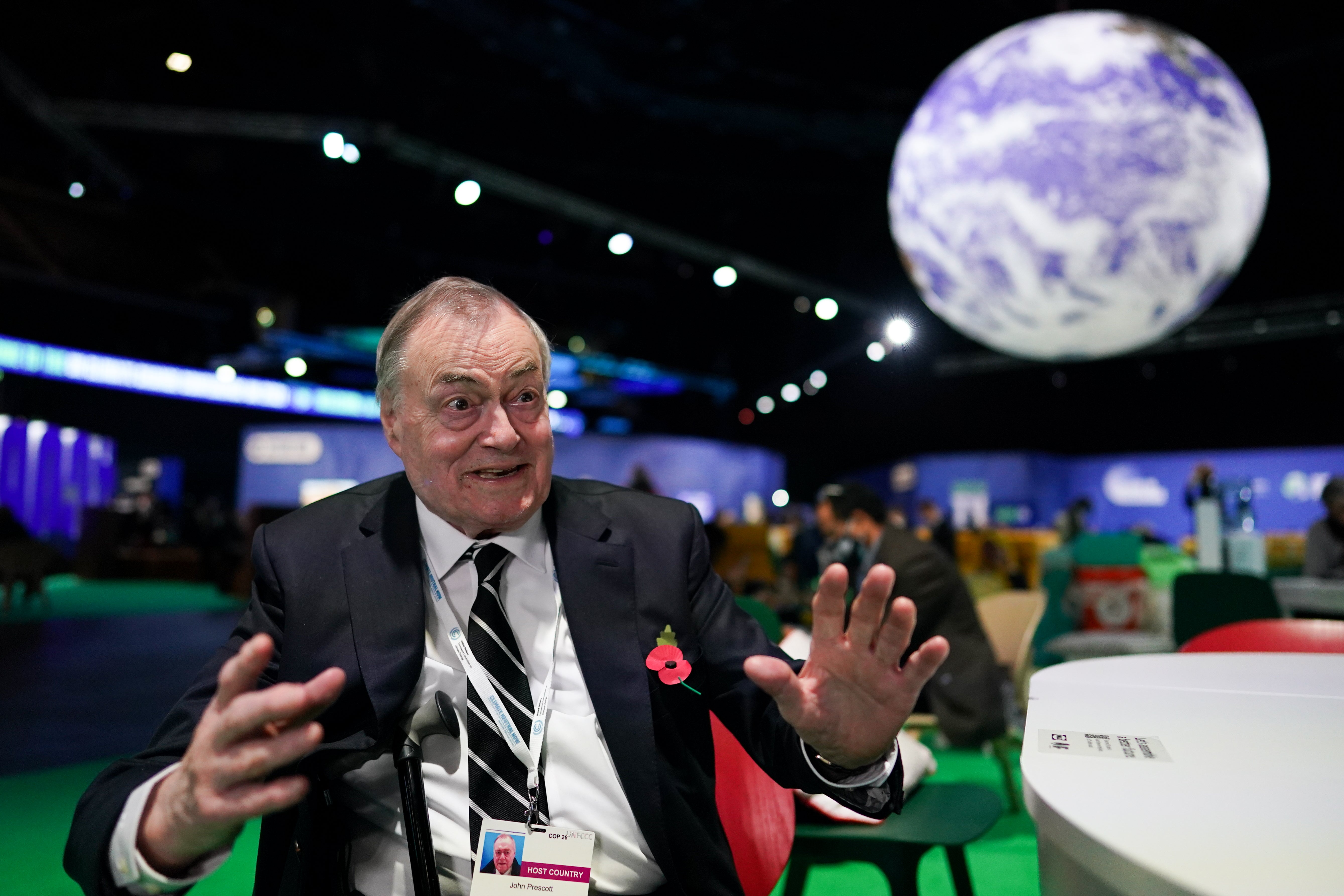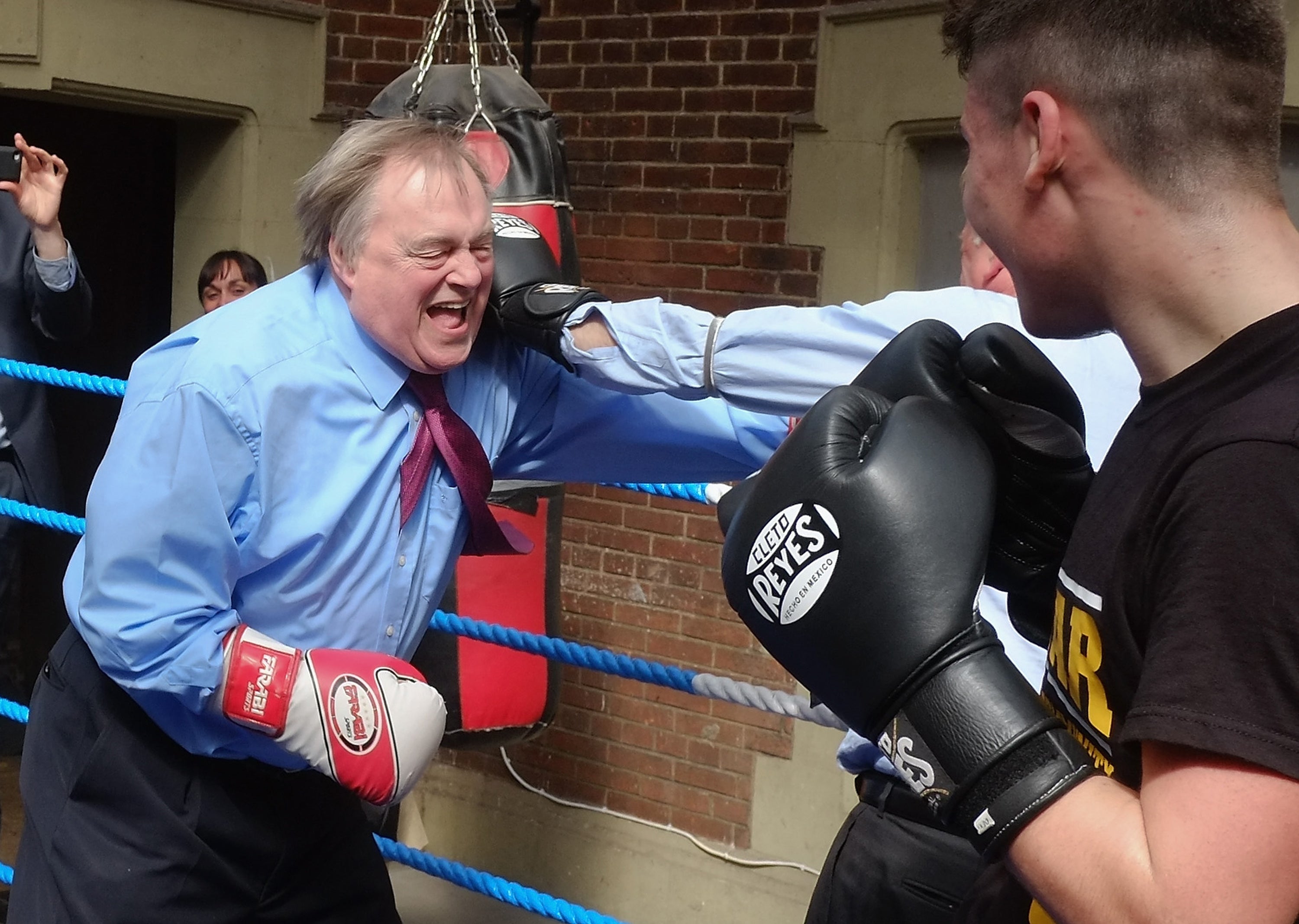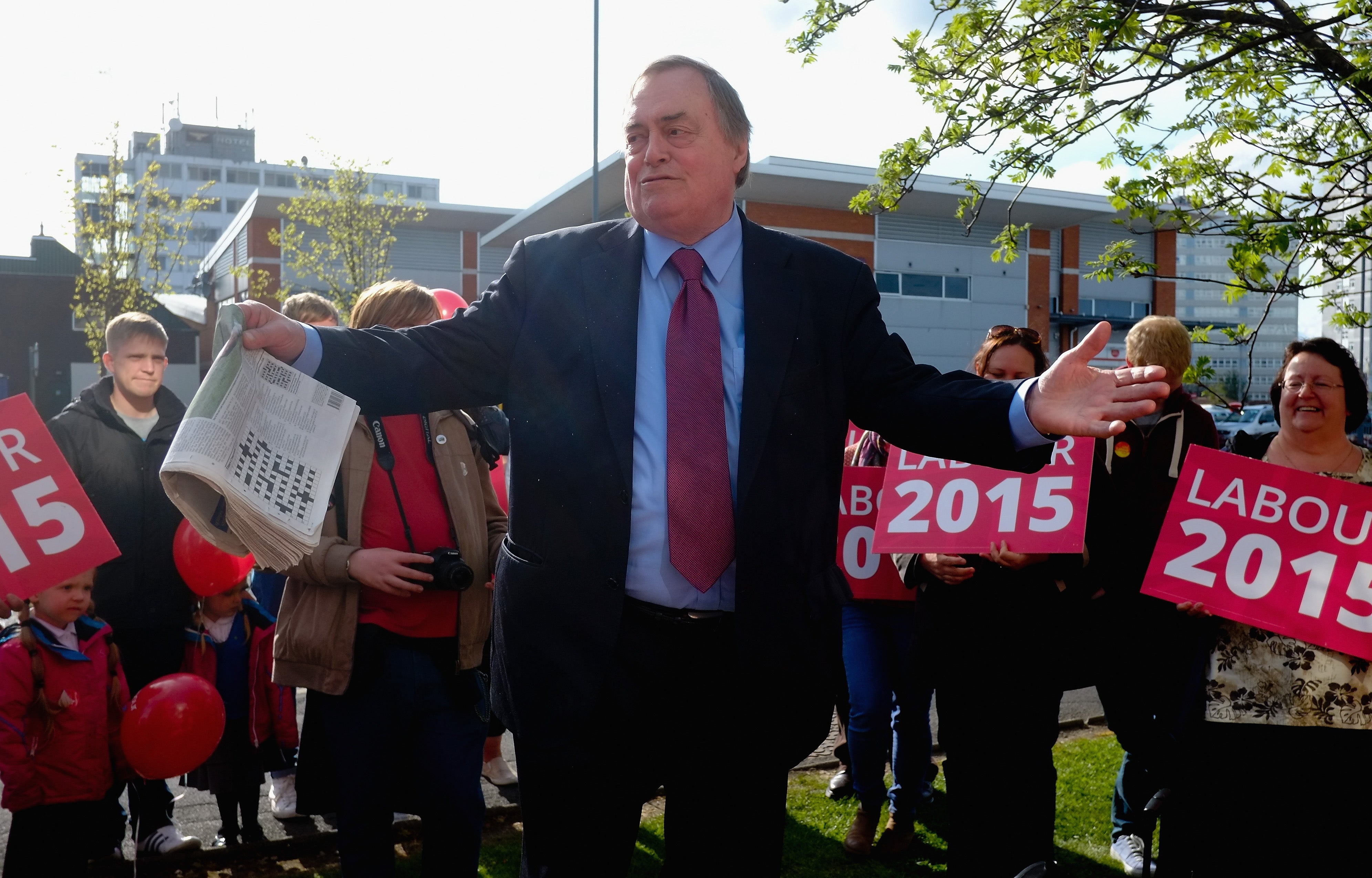Former Labour deputy prime minister John Prescott has died at 86 after battling Alzheimer’s, his family announced.
The Labour veteran, who represented Kingston upon Hull East as an MP for four decades, passed away peacefully in his care home surrounded by family. A former trade unionist and merchant seaman, Lord Prescott was widely known for his commitment to social justice and environmental protection.
In a statement, his wife Pauline and sons Johnathan and David expressed their sorrow, calling his years serving the people of Hull his “greatest honour.”
They said: “We are deeply saddened to inform you that our beloved husband, father and grandfather, John Prescott, passed away peacefully yesterday at the age of 86.
“He did so surrounded by the love of his family and the jazz music of Marian Montgomery.
“John spent his life trying to improve the lives of others, fighting for social justice and protecting the environment, doing so from his time as a waiter on the cruise liners to becoming Britain’s longest-serving deputy prime minister.

“John dearly loved his home of Hull and representing its people in Parliament for 40 years was his greatest honour.
“We would like to thank the amazing NHS doctors and nurses who cared for him after his stroke in 2019 and the dedicated staff at the care home where he passed away after latterly living with Alzheimer’s.
“In lieu of flowers and if you wish to do so, you can donate to Alzheimer’s Research UK.
“As you can imagine, our family needs to process our grief so we respectfully request time and space to mourn in private.
“Thank you.
“Pauline, Johnathan and David Prescott.”

Lord Prescott stepped down from the House of Lords in July this year due to ongoing health challenges.
Official records reveal he had spoken in the chamber only once since suffering a stroke in 2019 and had not participated in a vote since February 2023.
During a parliamentary career spanning 50 years, Lord Prescott served as deputy prime minister for a decade following Labour’s landslide victory in 1997. Known for his fiery temperament, he made headlines in 2001 when he punched a protester who had thrown an egg at him during an election campaign in North Wales.
Despite his blunt demeanor, he played a crucial role in mediating the often fractious relationship between Sir Tony Blair and then chancellor Gordon Brown. In addition, he held responsibilities for the environment, transport, and the regions, notably contributing to the negotiation of the Kyoto Protocol on climate change.
Though a steadfast ally of Sir Tony during his tenure, Lord Prescott later criticised aspects of New Labour’s legacy, including the controversial decision to invade Iraq.
Born in Prestatyn, Wales, on 31 May 1938, Prescott rose from humble beginnings as the son of a railway worker to become one of the Labour Party’s most prominent figures.
Leaving school at 15, he began his working life as a trainee chef before joining the Cunard Line as a steward. It was during his time at sea that he developed his passion for boxing, becoming a skilled amateur fighter, while also engaging in Labour Party politics and the National Union of Seamen.

In 1966, he played a pivotal role in organising a seamen’s strike, a move criticised by then-prime minister Harold Wilson, who labelled the organisers a “tight-knit group of politically motivated men”. Despite this, Lord Prescott’s political career advanced, and he was selected as Labour’s candidate for Hull East. After a failed bid in Southport in 1966, he secured the safe Hull East seat in the 1970 general election.
Initially aligned with the Labour left, Lord Prescott opposed Britain’s entry into the European Community. By the early 1980s, however, he had moderated his stance, backing Neil Kinnock’s successful bid for party leadership in 1983. Although Kinnock brought Lord Prescott into his shadow cabinet, their relationship soured in 1988 when Lord Prescott unsuccessfully challenged deputy leader Roy Hattersley.
Following Labour’s defeat in the 1992 general election, he made another bid for the deputy leadership, but lost to Dame Margaret Beckett. Despite this setback, he found common ground with party leader John Smith, whose reforms Prescott helped champion with a stirring speech at the party conference.
After Smith’s sudden death in 1994, Lord Prescott contested both the leadership and deputy leadership roles. Though Sir Tony decisively won the leadership, Prescott triumphed in the deputy race, defeating Beckett and solidifying his position as a central figure in the New Labour era.

